Opioid Vaccines Near Human Trials: Targeting Fentanyl and Heroin
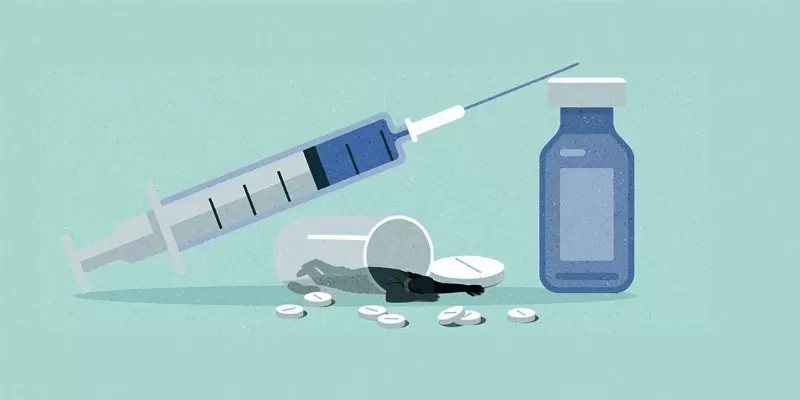
30 August 2023
A groundbreaking advance in the fight against the opioid epidemic is unfolding at the University of Montana (UM). Vaccines targeting fatal opioids, fentanyl and heroin, are set to commence human trials in early 2024. The goal is to counter the surging opioid overdose deaths, which surpassed over 100 thousands death only in US in 2021.
The research, led by Dr. Jay Evans, first targets heroin before introducing the fentanyl vaccine in Phase 1 clinical trials. The vaccines, previously tested in animal models, showed promising results, especially with the inclusion of TLR7/8 adjuvants. With approval, the vaccines could potentially mitigate opioid overdose risks, saving thousands of lives.
"We anticipate testing our vaccines in humans in early 2024," Researcher Dr. Jay Evans directs the UM Center for Translational Medicine, said. "The first vaccine will target heroin, followed shortly thereafter with a fentanyl vaccine in Phase I clinical trials. Once we establish safety and early efficacy in these first clinical trials, we hope to advance a combined multivalent vaccine targeting both heroin and fentanyl."

Crafting Vaccines Against Opioids
The journey to this innovative vaccine begins with the designs of professor of psychiatry Dr. Marco Pravetoni from the University of Washington. His team crafts haptens and drug conjugate vaccines that stimulate the production of antibodies against target opioids.
“Our vaccines are designed to neutralize the target opioid while sparing critical medications such as methadone, buprenorphine, naltrexone, and naloxone, which are used in the treatment of opioid addiction and reversal of overdose,” Pravetoni said.
Vaccine Completes Phase 1 Animal Trials
The vaccines were tested on animal models to support their progression to human clinical trials. Mice were tested at UM, while rats and pigs were tested at the University of Minnesota. Papers showcasing how the TLR7/8 adjuvant enhanced the efficacy of the fentanyl vaccine in animals were recently published in the Journal NPJ Vaccines. Publications detailing the success of the heroin vaccine are forthcoming. A remarkable achievement in this project is the inclusion of the patented adjuvant INI-4001, developed by the UM team.
Dr. Evans elaborates, "Adjuvants enhance the body's immune response to vaccines. Ours ensures a stronger, longer-lasting immunity against the targeted opioids."
On the Road to Human Clinical Trials
Despite the progress, challenges remain. Evans forecasts that heroin vaccine trials in humans will precede those for fentanyl, even though the fentanyl research was published earlier. Finalizing Investigational New Drug applications to the FDA is on the team's immediate agenda.
"These trials will meticulously assess both the safety and efficacy of the vaccines. Our emphasis is on understanding the duration of the induced opioid-specific antibodies," Evans commented.
Gazing Ahead and Broadening Horizons
Beyond Phase 1, the researchers have a long path ahead, with successive trial phases scrutinizing every aspect of the vaccine's effectivity, dosage, and potential risks. While the opioid vaccines are a beacon of hope, the UM team's ambitions extend further. They're diving into research targeting a gamut of diseases, from SARS-CoV-2 and tuberculosis to E. coli and cancer. "The future looks promising. We foresee several vaccine candidates moving to Phase 1 clinical trials soon," remarked an optimistic Evans.
Abstract of original research
A TLR7/8 agonist increases efficacy of anti-fentanyl vaccines in rodent and porcine models
Abstract: Opioid use disorders (OUD) and overdose are public health threats worldwide. Widespread access to highly potent illicit synthetic opioids such as fentanyl is driving the recent rise in fatal overdoses. Vaccines containing fentanyl-based haptens conjugated to immunogenic carrier proteins offer a long-lasting, safe, and cost-effective strategy to protect individuals from overdose upon accidental or deliberate exposure to fentanyl and its analogs. Prophylactic or therapeutic active immunization with an anti-fentanyl vaccine induces the production of fentanyl-specific antibodies that bind the drug in the blood and prevent its distribution to the brain, which reduces its reinforcing effects and attenuates respiratory depression and bradycardia. To increase the efficacy of a lead anti-fentanyl vaccine, this study tested whether the incorporation of synthetic toll-like receptor (TLR) 4 and TLR7/8 agonists as vaccine adjuvants would increase vaccine efficacy against fentanyl challenge, overdose, and self-administration in either rats or Hanford miniature pigs.
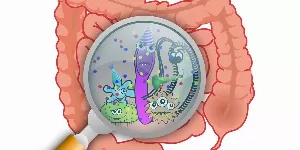




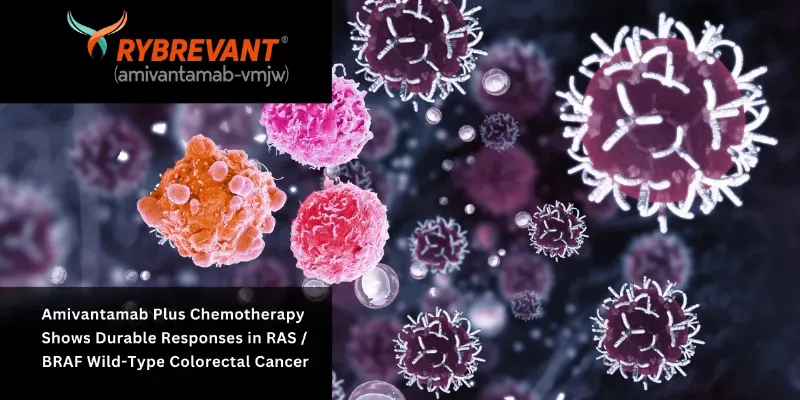
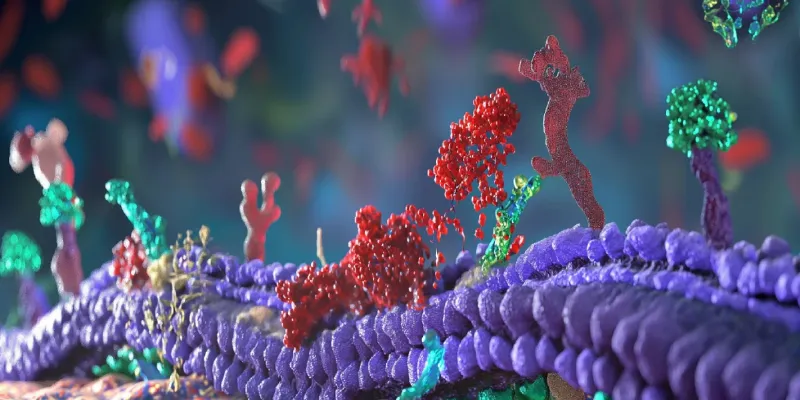
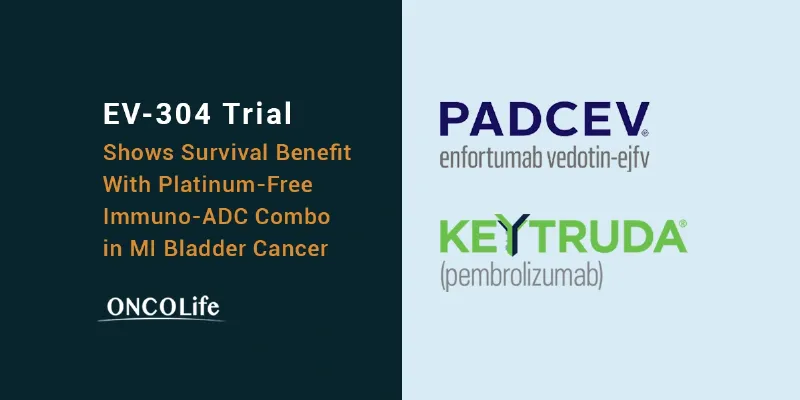
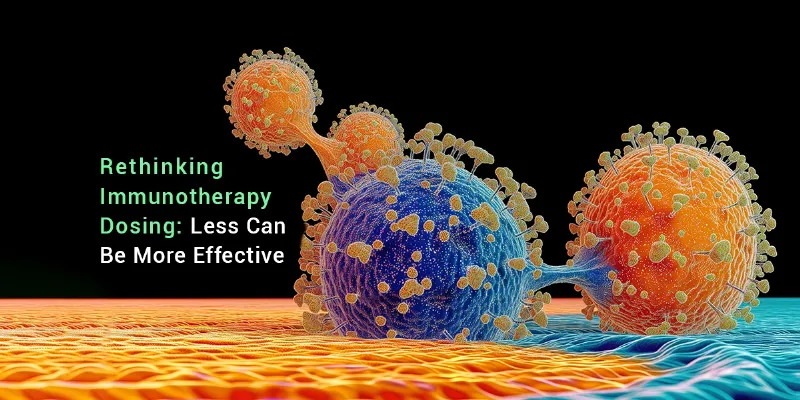
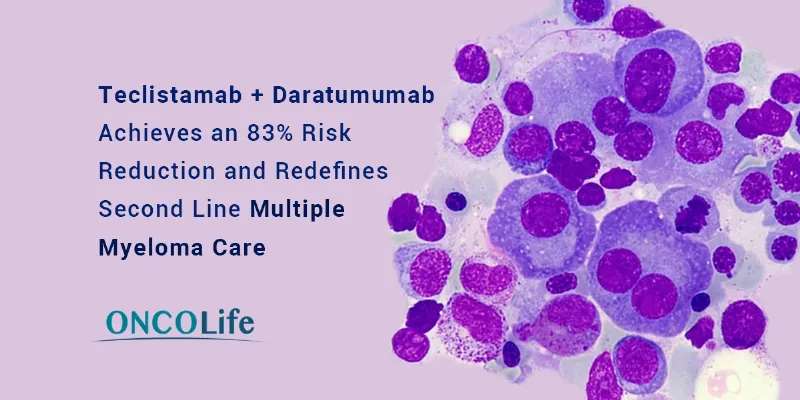
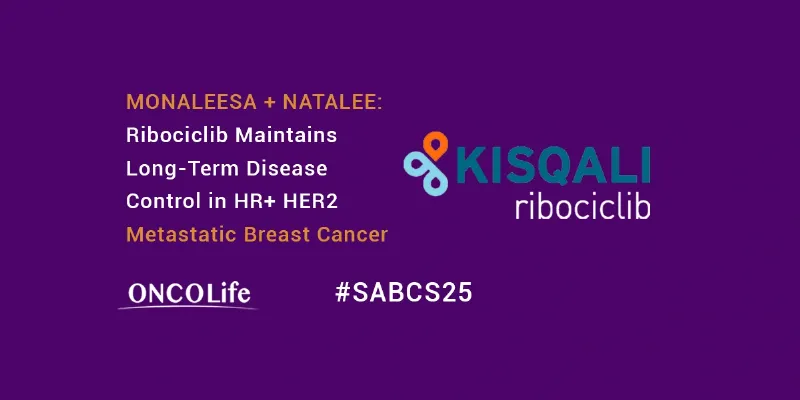
Comments
No Comments Yet!